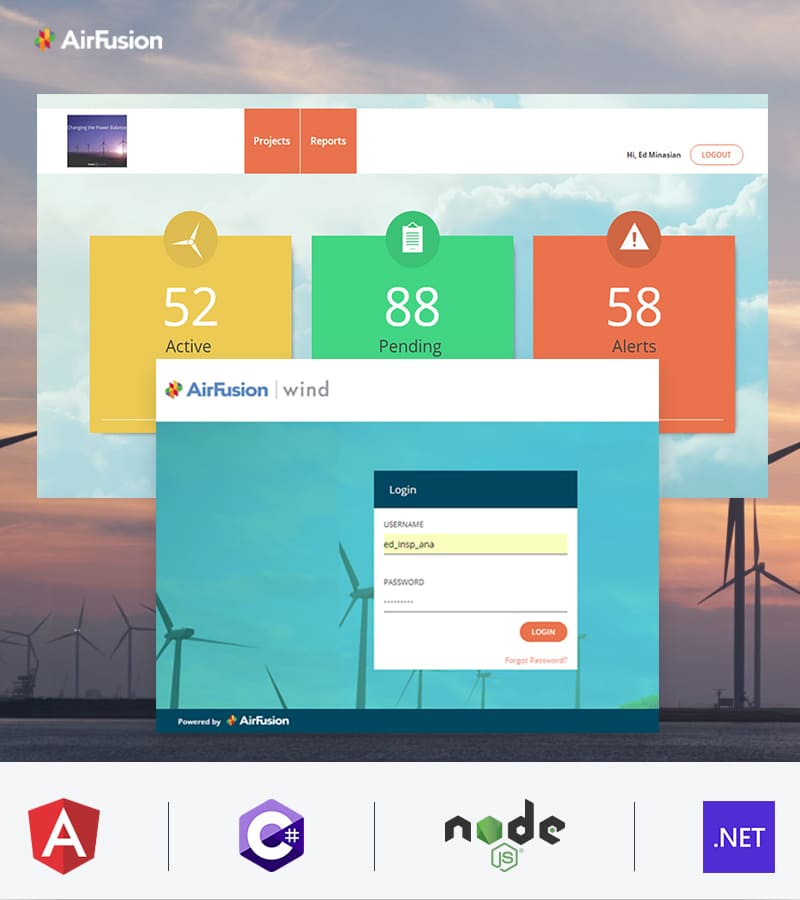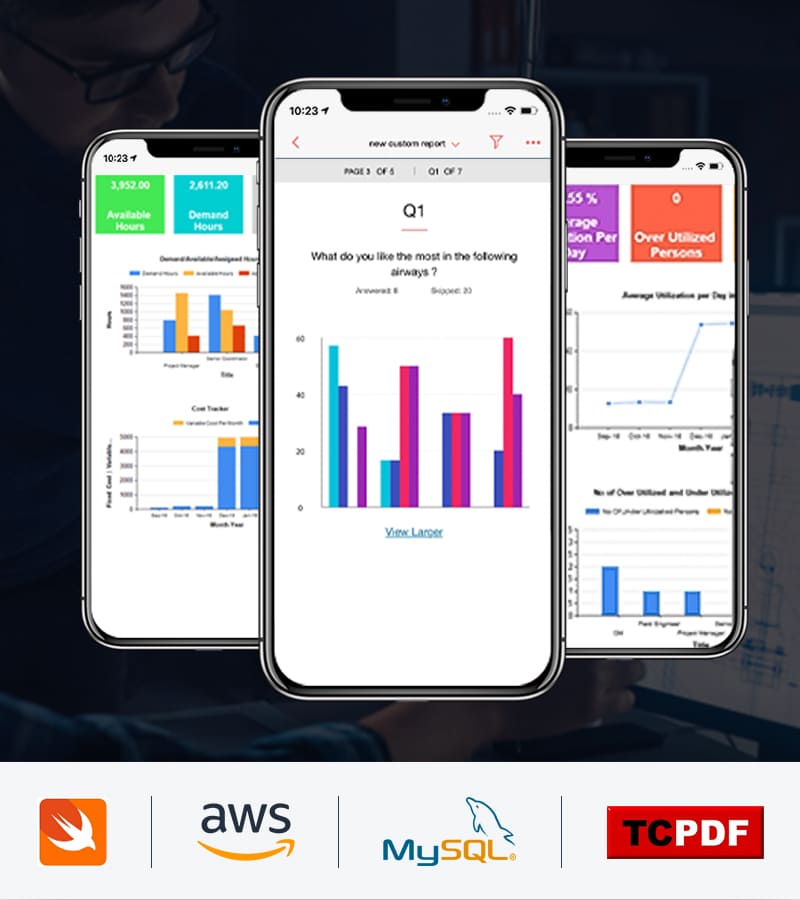Unlock the True Potential of Your Organization with Our System Integration Services
Explore a variety of ways in how we can completely transform your business processes and operations by building a centralized ecosystem.
Book A Consultation Now!
Benefits of Availing Matellio’s System Integration Services
Our system integration services focus on helping you grow as an enterprise and build connected experiences within and for users. From B2B to Enterprise Application Integration, we have you covered in all aspects. The engineers at Matellio have exclusive expertise in working in different industries and have gained specific experience from each over the years. Explore the possibilities when you connect with one of our systems integration consultants and feel the difference in what we offer at Matellio.
Our System Integration Services
Hybrid Integration
An all-inclusive approach towards connecting your apps, data, cloud and on-premise systems, as well as business partners. Our hybrid integration is the ultimate service for systems integration, where you get everything, you wish for.
- Data Integration
- API Integration
- B2B Data Sync
- IT System Integration

App Development & Integration
We offer app development as well as integration services, ensuring a 360 approach towards the most complex business problems. With Matellio, you won’t have to worry about your custom application’s integration and performance.
- API Development and Integration
- Application Migration
- Custom Application Development
- Cross-platform Workability

Data Integration and Security
End-to-end data storage, integrity, integration, and security management services to ensure a robust system. We help you find and eliminate backdoors, security flaws, network vulnerabilities, and more from your entire integrated system.
- 360 Cybersecurity
- New-age Data Storage
- Cloud Data Security
- On-premise Data Management

Business-to-Business Solutions
Systems enabling a seamless business-to-business data transfer and exchange. Expand your horizons with systems capable of exchanging information on the go and through a secure channel with an array of business partners.
- New-age EDI (Electronic Data Interchange)
- Comprehensive Management
- Multiple Failsafes
- Real-time Monitoring and Logs

Legacy Systems Integration
The perfect mix of next-generation systems while leveraging the ease of use of legacy systems. We create service integrations for legacy systems to ensure an all-inclusive approach toward digitally transforming and integrating your systems.
- On-premise and Cloud Integration
- Hardware Integration
- Systems Optimization
- Application Modernization

Planning to Build a Robust System for Your Business?
Avail of our systems integration services to enable a 360-connected experience for your on-premise and cloud solutions.
Our Success Stories
Explore How we Revolutionized Business from Different Industries
Explore our wide range of industry-specific offerings and choose the ones suitable for your business
Explore What Our Clients Had to Say About Us
We have been rated on top for multiple IT services on Clutch with an average rating of 4.8
Frequently Asked Questions
1. What is systems integration?
Systems integration combines different subsystems or components into a single, cohesive system to achieve a common goal. It connects different technologies, processes, and data to form a unified and seamless solution. The purpose of systems integration is to improve the overall efficiency and effectiveness of the system and to enhance the user experience.
2. What are the benefits of system integration for B2B arrangements?
Systems integration allows for a seamless electronic data interchange, enabling a range of possibilities in business-to-business arrangements. Businesses from different niches can avail of its benefits, and the information transfer is nearly real-time.
3. Can legacy systems be integrated with modern systems?
As a system integration services company, it is one of our most popular services. The integration process usually involves updating the legacy system, using middleware to facilitate communication between different systems and components, and developing custom connectors to bridge the gap between the old and new systems.
4. What is system integration testing?
System integration testing is a type of software testing that verifies the interactions and data exchange between integrated systems. It is performed after the individual components of a system have been tested and integrated to ensure that the solution meets the specified requirements and that the data flows work perfectly.
5. Which type of system solved the integration problem the best?
No one type of system can be considered the “best” solution for solving the integration problem. The best solution depends on your specific requirements and goals. Different systems may be better suited to different types of integration problems, and the choice of system will depend on factors such as the complexity of the integration, the amount of data to be transferred, and the level of integration required between different systems. As your systems integration service provider, we aim to help you build a custom system fitting your specific needs.
6. Can systems integration facilitate electronic data interchange?
Yes, systems integration can facilitate electronic data interchange (EDI). Integrating different systems within an organization allows data to be automatically shared and exchanged between those systems; improving efficiency and reducing the risk of errors are the major goals of EDI, and we can help you achieve them by building a robust system for you.
7. How can integrated systems improve the customer experience?
Integrated systems can improve the customer experience in several ways:
- Seamless experience: Integrated systems can provide a unified and seamless customer experience, as information is easily accessible and flows seamlessly between different systems.
- Improved efficiency: Integration can lead to improved efficiency and automation of processes.
- Better data management: Integration can improve data management and help eliminate errors and inconsistencies in customer information.
- Increased convenience: Integrating systems can provide customers access to more services and information through a single point of contact.
- Enhanced decision-making: By providing a more complete and accurate picture of customer interactions and behavior.
8. How much does system integration services cost?
The cost of system integration services can vary widely based on several factors, including the complexity of the systems being integrated, the number of systems involved, the number of integration points required, and the level of customization and development required. Once you let our system integration consultant know the necessary details, we will be able to help you with an estimate.






















